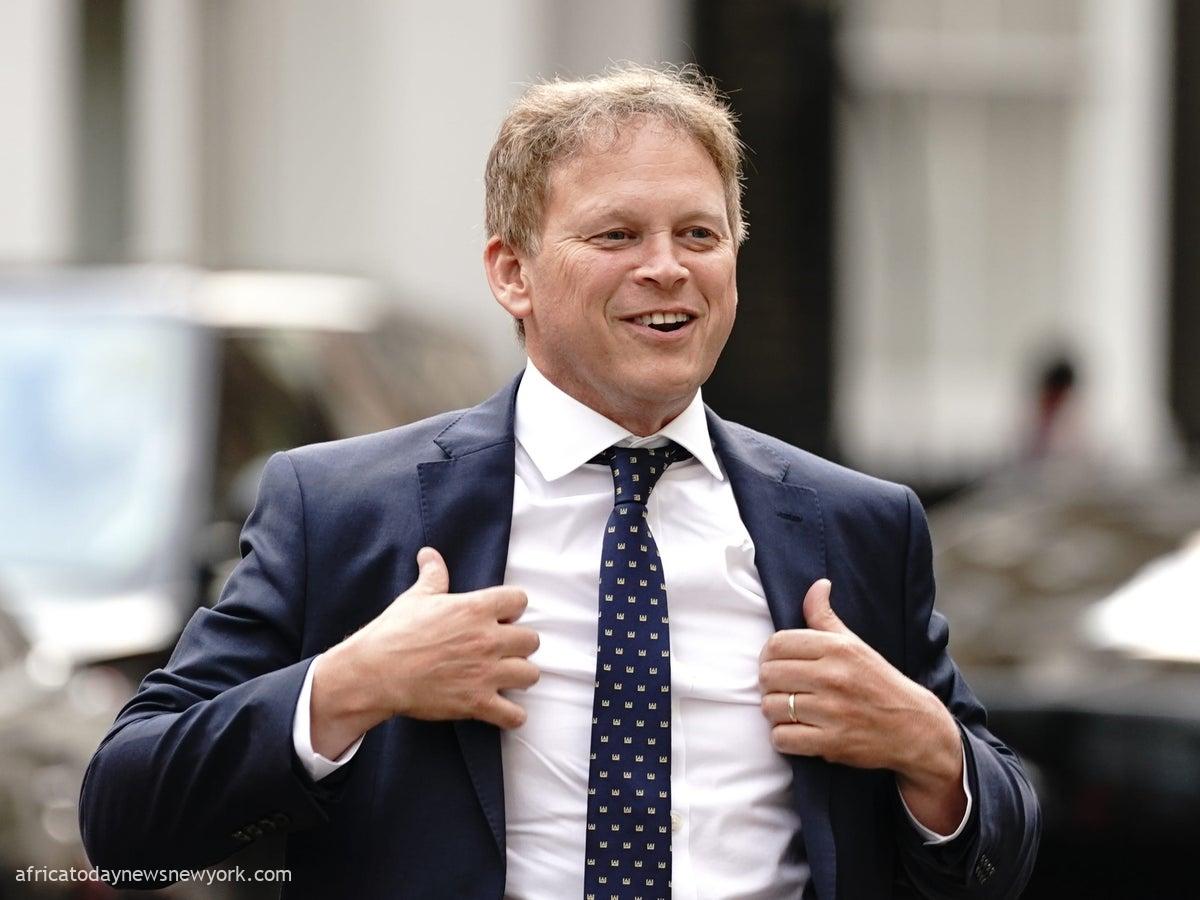The UK defence ministry announced last week that Grant Shapps had to cancel his planned journey to southern Ukraine due to “security reasons”.
After UK intelligence suggested that Russia had learned of his travel plans, the defence secretary was forced to cancel his trip to Odesa last week.
Mr. Shapps was slated to head to Odesa one day following a missile strike on the city, which occurred during a visit by the Ukrainian president and the Greek prime minister. Five fatalities were confirmed by Ukrainian authorities in the aftermath of the strike.
Mr. Shapps, alongside Chief of the Defence Staff, Adm Sir Tony Radakin, and a small cohort of British officials, opted for an overnight train journey from Poland to Ukraine. Their intention was to convene with Ukrainian leader Volodymyr Zelensky and top members of his wartime administration.
Upon his arrival in Kyiv on March 7th, Mr. Shapps encountered a last-minute cancellation of his intended trip to Odesa, prompted by apprehensions regarding his safety.
As reported by the Sunday Times, whose correspondent accompanied the delegation, the excursion was aborted following an intelligence briefing exposing the Kremlin’s awareness of the visit.
Read also: Putin Accuses Ukraine Of Targeting Presidential Election
It was further noted by the Sunday Times that the strike in Odesa on the day prior elevated the level of risk to Mr. Shapps’s safety from substantial to critical.
“Putin has shown himself to be reckless, ruthless and careless,” Mr Shapps told the newspaper.
“The fact that he came perilously close to essentially assassinating two western leaders, it doesn’t matter whether that is deliberate or accidental.
“What the hell is he doing, and why the heck would the West allow him to do that kind of thing?”
A Ministry of Defence spokesperson said: “On a recent trip to Ukraine, the defence secretary did not make a planned visit to Odesa for security reasons.
“The UK continues to provide strong support for Ukraine and the defence secretary’s visit and engagements only underscored the importance of this support in the face of Putin’s aggression.”
Just this week, it came to light that a Royal Air Force aircraft transporting Mr. Shapps on a trip from the UK to Poland experienced GPS interference as it neared Russian airspace.
The timing of Mr. Shapps’s statements aligns with the Latvian foreign minister’s plea for the UK and fellow NATO members to explore conscription as a means of deterring Russian aggression.
At the start of the year, the Baltic country adjacent to Russia reintroduced conscription, mandating that men aged 18 to 27 undertake an 11-month military service period, with the goal of expanding its military capacity.
When questioned by the Sunday Telegraph about whether the UK and other nations should adopt Latvia’s approach, Krisjanis Karins affirmed, “we would strongly recommend this”.

